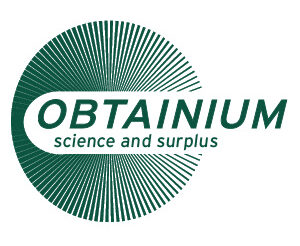Revolutionary Advances in Quantum Computing
Quantum computing continues to push the boundaries of modern technology with groundbreaking advancements that promise to transform fields ranging from cryptography to materials science. One of the most striking developments is the creation of recoil-free quantum gates, which have drastically improved the fidelity of quantum operations. These gates mitigate photon recoil, enhancing precision in optical qubit control. The implications of this breakthrough are profound, providing a robust foundation for future quantum systems.
High-Fidelity Quantum Operations
A leap in quantum error correction has been achieved through the development of high-fidelity entangling gates. Achieving a fidelity of 99.5% with controlled phase gates on multiple qubits enhances the ability to perform error correction on a larger scale. This achievement is a pivotal step toward realizing digital simulations and scalable quantum computing systems, bringing theoretical quantum applications closer to practical deployment.
Significant progress has also been made with Shor’s algorithm, blending speed and efficiency by reducing the number of qubits required and increasing resilience to noise. This novel approach is a milestone in making quantum factoring algorithms more viable, driving forward the applicability of quantum computing in decrypting large-scale cryptographic systems.
Optimizing Quantum Efficiency
The efficiency of quantum circuits has seen substantial enhancements with new algorithms utilizing fewer quantum gates. By employing Fibonacci numbers, the need for complex reversible operations is diminished, reducing performance noise and bolstering overall system competence. This refined methodology not only improves machine efficiency but also sets a new standard for quantum circuit design, contributing to the creation of more robust and error-tolerant quantum processes.
Moreover, advancements in quantum memory efficiency have emerged with methodologies requiring minimal quantum memory units. The strategic use of two quantum memory registers in a ping-pong fashion optimizes memory use, streamlining computational processes. Such innovations offer a feasible path toward complex quantum computations with reduced resource constraints, displaying an evolution toward more practical quantum computing platforms.
Support and Applications in Quantum Research
Through governmental and institutional collaboration, significant funding and resources have been directed at advancing quantum research. Illinois, aiming to establish a quantum computing hub, exemplifies this commitment with a $500 million investment. Such involvement underscores the critical role of public and private sectors in facilitating quantum technology research and implementation.
Furthermore, novel explorations into quantum physics, including controlled nuclear wobbling and new quantum states of matter, present myriad applications and insights. These developments expand quantum theory and lay the groundwork for enhanced sensor technologies and innovative computing solutions. The intersection of theoretical breakthroughs and practical applications solidifies quantum computing’s potential to redefine technological paradigms.

